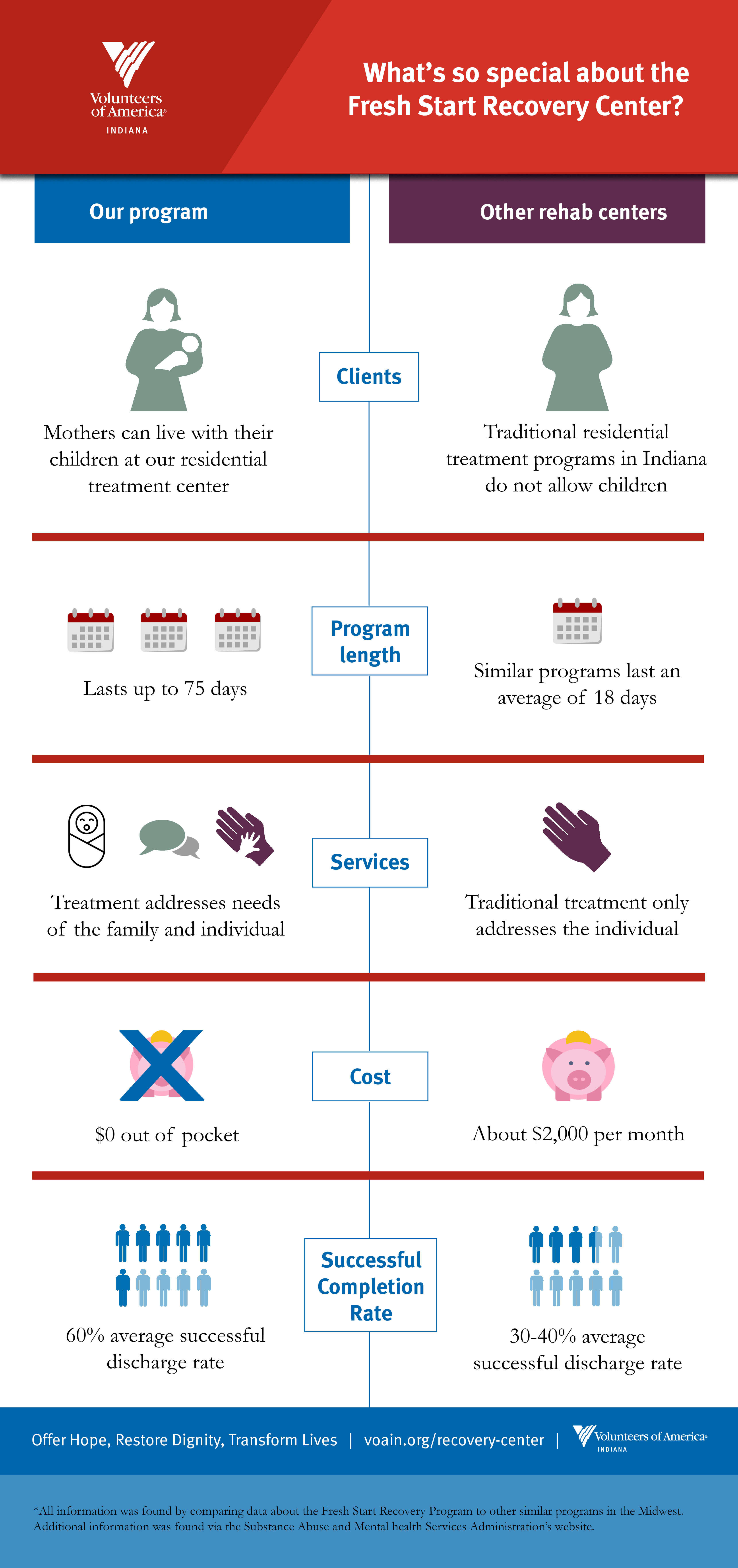Comprehending The Scientific Basis Of Caring For Drug Dependency
Comprehending The Scientific Basis Of Caring For Drug Dependency
Blog Article
Article Created By-MacKinnon Williamson
Visualize Drug addiction therapy as a complex challenge, with each piece representing a various facet of the scientific method to combating substance abuse.
From the elaborate operations of the brain to the impact of environmental elements, the science behind dependency treatment introduces a multidimensional perspective that guides reliable treatments.
Recognizing just how biological, psychological, and social components intertwine in the therapy process can give indispensable insights into fostering lasting recovery.
By deciphering the science behind Drug addiction therapy, you will get a much deeper recognition for the detailed techniques utilized in resolving this pervasive issue.
Biological Factors in Dependency Therapy
When addressing biological factors in addiction treatment, it's crucial to understand how the body's chemistry affects the effectiveness of treatments. The way materials interact with your brain's natural chemicals plays a substantial duty in dependency growth. As an example, medicines can hijack the brain's reward system, leading to desires and uncontrollable drug-seeking actions. Comprehending these chemical refines helps in customizing therapy strategies like medication-assisted treatment to target specific neurotransmitter imbalances.
Furthermore, genetic aspects can additionally affect exactly how your body replies to particular substances, influencing your susceptability to dependency. By considering these biological facets, medical care professionals can personalize treatment strategies that deal with the special demands of people fighting dependency, ultimately raising the possibilities of effective healing.
Mental Treatments for Addiction
Understanding the mental interventions for addiction is critical in complementing the biological aspects resolved in treatment strategies. Here are https://www.biography.com/news/betty-ford-addiction-alcoholism-center that play a vital duty in dependency therapy:
1. ** Cognitive-Behavioral Therapy (CBT): ** This treatment assists you identify and alter unfavorable idea patterns and habits associated with drug abuse.
2. ** Motivational Interviewing (MI): ** MI is a therapy method that assists you discover the internal motivation to transform addicting habits.
3. ** Mindfulness-Based Interventions: ** These methods concentrate on boosting your understanding of desires and activates without judgment, assisting you manage them successfully.
These emotional interventions function together with biological treatments to provide a detailed strategy to addiction recuperation.
Social Assistance and Healing in Dependency
Social assistance plays an important function in dependency healing, providing people with the needed motivation and support to browse the obstacles of overcoming drug abuse. Having a solid support system can significantly boost the chance of effective recuperation from addiction. Friends, relative, support groups, and counselors all contribute to creating a network of assistance that can assist you stay determined and concentrated on your journey to soberness.
Social links can use understanding, empathy, and practical aid during hard times, serving as a resource of stamina and support. By bordering on your own with positive and motivating individuals who count on your ability to recuperate, you can improve your resilience and dedication to remaining substance-free.
Conclusion
So, you have actually learned about the scientific research behind Drug addiction treatment. By understanding the organic, mental, and social elements at play, you can see how thorough treatment is necessary for healing.
Keep in mind, addiction is a beast that can be subjugated with the right devices and assistance. Keep battling the excellent battle, because you're more powerful than any type of challenge in your way.
